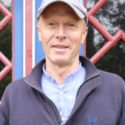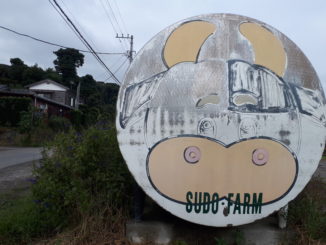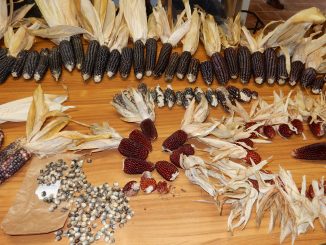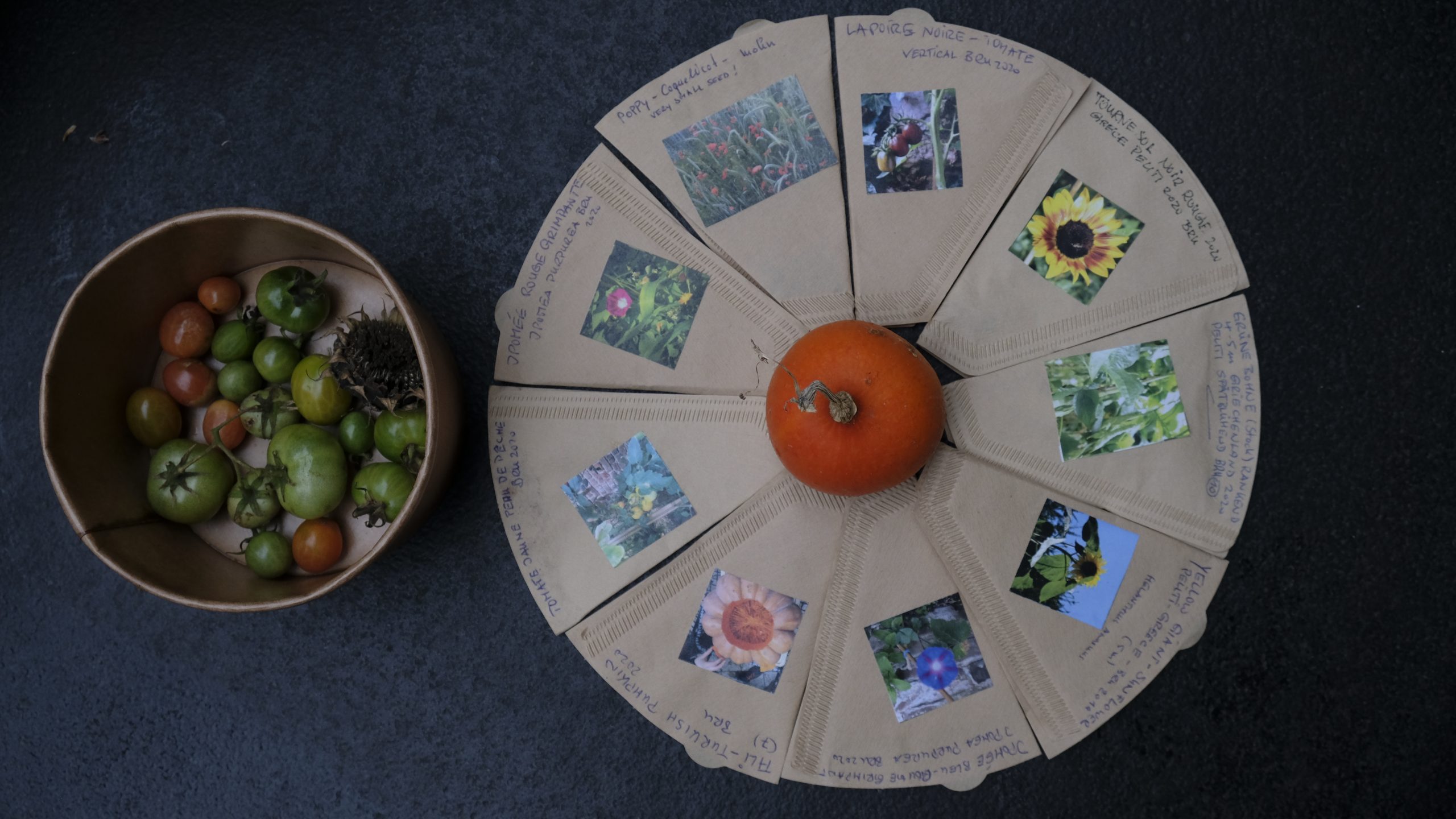
Since the turn of the century ARC2020 has been part of the struggle to make European farming, food and rural policies fairer, more resilient – and fit for the future. Are we going around in circles, or navigating in circles? Hannes Lorenzen shares some reflections for the year(s) ahead.
2020 is behind us. Let’s forget Covid for a moment, and look beyond the pandemic.
Ten years ago, we thought 2020 would become a landmark for a paradigm shift towards good food, good farming and rural renaissance. We were too optimistic. Let’s be honest: what we struggled for did not materialize.
After more than thirty years of trying to make European farming, food and rural policies more sustainable, fair and resilient, I offer three rounds of reflection for the years to come.
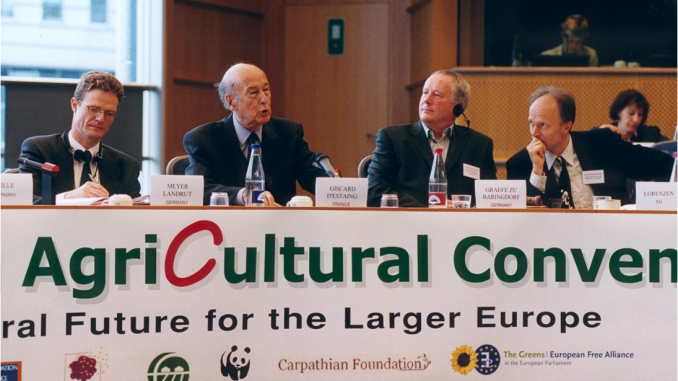
1. Circles for political resilience
Navigating policy change is all about staying tuned, analyzing challenges, vested interests and power structures; influencing decision-making processes; creating strategic partnerships; building trust through cooperation, and, where needed, bridging the trenches between civic, political and institutional camps.
We did all of that for many years.
Our political resilience has emerged over time, along with the various movements and alliances for change. We had to deal with failures and setbacks and we have re-adjusted our course continuously. We have been building political resilience against the grain.
On average, I sense, windows of opportunity for real policy change occur every ten years. If you are prepared for that moment you jump and win; if not, you might wait for another ten.
European AgriCultural Convention
At the turn of the century we spotted such a window of opportunity. The European institutions were attempting to establish a European Constitution through a process called the European Convention.
In response we established the European AgriCultural Convention (EAC) in 2002. The EAC gathered ideas and demands from a wide range of NGOs and then called for fundamental change in the objectives of the CAP as they had been laid down in the European Treaties in the 1960s.
The EAC took its demands all the way to the European Parliament. Under the Patronage of the President of the European Convention, Giscard d’Estaing, the EAC sent an appeal to the European Institutions to take the opportunity to reform the CAP with legally binding new objectives. It was one of the few direct democratic initiatives challenging the pretty undemocratic process of the intergovernmental European Convention.
The European Constitution failed, and with it passed an opportunity to make the CAP fit for the future. Europe had lost its attraction in people’s minds. Referenda in France and the Netherlands opposed ratification. A wave of nationalism and Euroscepticism has spread across the continent since.
Agricultural and Rural Convention (ARC2020)
It took us ten years to recover from this setback.
In 2010, with a new Agriculture Commissioner, Dacian Ciolos from Romania, the moment for a real reform seemed at hand.
The Agricultural and Rural Convention (ARC2020), drawing on the experience and the network of the EAC, gathered momentum and the critical mass for a new move.
Within one year, reform proposals from 150 civil society organizations and movements were gathered and agreed upon as the “Communication of Civil Society to the EU on the Future of Agriculture and Rural Policies”.
Our demands for change were released on the same day as the EU Commission’s CAP reform proposal. We did not just react, we offered a plan.
ARC2020 became a strong and visible player during the reform debate which followed, organizing hearings, conferences and debates inside and outside the European Institutions.
However, this reform proposal of the Commission was also step by step dismantled by the European Council and the European Parliament, seconded by the established agro-industrial lobby.
Since that second setback, ARC has changed its role. We are no longer a platform or coordination of movements. We offer a hub for Europeans to debate and gather to shape the future of farming, food and rural life. We are a think tank, an alternative news platform, and a support structure for movements.
Visions of the future
The 2020s are shaping up to be a new moment for visions, strategies and action.
The European Commission has launched a process called “Long Term Vision for Rural Europe – 2040”, in which ARC is involved. The outcome of that process is expected to feed into the Conference on the Future of Europe, which Michel Barnier will most probably be leading on behalf of the European Commission, as soon as his Brexit mandate comes to an end.
For us visions alone are not enough. 2040 is too far away. The UN Sustainable Development Goals (SDG) are set for 2030 and the climate reports of the IPCC demand immediate action. The next ten years might be our last chance to keep climate change and biodiversity loss within navigable levels. And this year’s UN Food System Summit offers a new moment of getting our act together.
We are ready for another round.

2. Circles of system change
So, strictly speaking, we did not fail in 2020. A paradigm shift is happening. The public discourse about planetary boundaries, and movements like Extinction Rebellion and Fridays for Future, reflect the urgency we all face to limit climate change and biodiversity loss and to integrate the various disciplines and stakeholders into a common effort.
We will disclose the negative impact of policies which undermine the necessary system change. We reject limited technocratic solutions like precision farming, gene-editing, and robots in farming.
We will instead be pressing for winnable solutions at hand like regenerative farming, soil cover, breeding and free access to climate adapting seeds, and crop rotation. And we will be strengthening the growing local agro-ecological and socio-ecological practices emerging across Europe.
Slogans like “Peas on earth” and “Protect diversity – eat it” may be easier to swallow than yet more scary statistics on soil erosion and drought.
Farmers who are ready to move in this direction deserve recognition and they deserve our support.
Democratic renaissance
System change is also urgent to save the entire European project from withering.
Another lukewarm consultation or convention process of citizens and stakeholders in the upcoming “Future of Europe” process – without a clear commitment for system change in policy- and decision-making – will only produce further alienation of citizens, feed nationalization and encourage autocratic rule in member states.
Therefore, we also need a democratic renaissance, growing from local communities.
Euroscepticism has led to a mental shutdown against “the others”, against sharing common good or burdens of migration.
In our field of engagement we must call out ongoing exploitation of migrants and refugees in industrial farming and the extinction of small farmers, especially in Southern and South Eastern Europe.
But we also want to nurture a new culture of welcome and support for our neighbors. People in accession candidate states like the Western Balkans are kept waiting at the door, suffering from destructive corruption and democratic disorder. We can make a difference in working with our partners in the Rural Parliaments, the PREPARE network and the Standing Working Group (SWG) of the Western Balkans.
Exclusive restoration of the European project will not suffice. We must win the hearts of all European citizens beyond the vagueness of an unattainable utopia and business as usual.
ARC2020 and the French revolution
In 2021, the ARC is embarking on a new project in France called “Nos campagnes en resilience”.
We want to support and learn from the “revolution of the niches”, the many bottom-up solutions which are underway in the rural and small farming communities. We want to understand the new movement of young people towards the countryside, their new digital working opportunities, the practices of community farming and the organization of better access to land.
An encouraging radical change is taking place under the radar of decision-makers: in fields, gardens, kitchens, schools, and enterprises. It reflects a new way of life with sufficiency replacing the ideology of productivism and consumerism.
We want to learn from this new socio-cultural dimension of farming and rural life in France which appears to carry the ingredients for system change.
The best news is that our communication on this adventure will from now on be in French. We are since long aware of the language barrier of “English only” for many people in Europe and we hope to reach out to an exciting new dimension of our work.
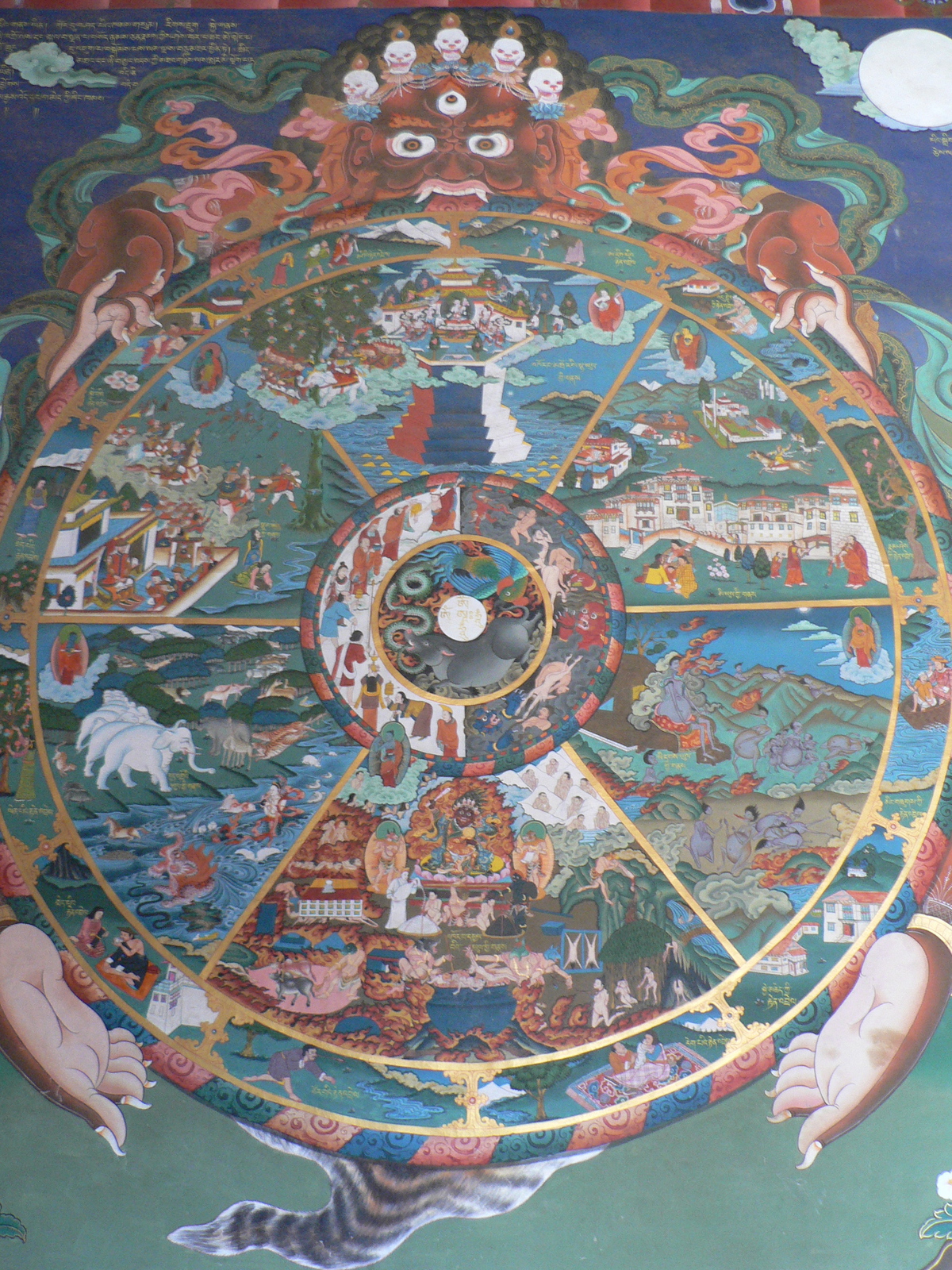
3. Circles of regeneration
Building political resilience and pressing for system change need sources for regeneration, importantly for ourselves.
Concepts like regenerative agriculture, permaculture, agroforestry, sustainable fishing are important to stay the course for system change. But those are mainly made for the outer circle of transition. We also need transformation inside.
Regenerative agriculture and agro-ecology are not just a mechanical switching from exploitative farming to sustainable cultivation.
We need all our senses to establish a new respectful relationship with nature.
Navigating in natural life cycles
If we leave the analytical approach aside for a moment, navigating in natural life cycles offers an experience of awe and oneness. New forms of education and alternative learning methods are essential to leave our boxes of disciplinary and competence thinking.
Navigating in politics and in system change might not be the place for everyone, but getting in touch with our own nature certainly is.
When we cultivate our gardens or balconies, when we work with animals, plants, soils or seeds, we get in touch with life in its abundance and beauty, as well as its vulnerability and its limits to respond to our needs.
Living with an attitude of sufficiency instead of being tied to consumerism is that kind of transformation we might look for inside.
Renunciation is a term which might sound religious and is politically sensitive. But taming our own “greeds and needs” is a path to inner system change. When eating meat, do we see creatures in animals, or just food? Is diversity just distant wildlife far away or also part of our own human nature?
About one thousand years ago, Zen master Kuòān Shīyuân offered ten Enso calligraphic circles to help his disciples in reaching enlightenment. His theme is “taming the bull” (- or finding the ox). The verses that accompany the calligraphies sound like a walk we might take through permanent pasture:
“In the pasture of the world, I endlessly push aside the tall grasses in search of the ox….”
The verses end with:
“…I use no magic to extend my life. Now, before me, the dead trees become alive”.
Circle of life
Buddha offered the circle of life to symbolize the efforts needed to fully understand our own nature.
We can find a glimpse of that circle in our gardening, farming, respecting animals as creatures, discovering plants as communicating communities and seeds as the beginning and the end of life.
In the decade ahead, we should not be treading water amidst lost opportunities and frustrations, or going around in circles with our convictions. We should be open to discovering new life cycles of policy and system change – including the search for our own nature.
Of course the paradigm shift we want will not just happen in the circles I have described. We will need to include our critics into our reflections and actions and allow ourselves to be challenged by their views. To use the new round of the ARC until 2030 and beyond in the most inclusive and sufficient way, we will reach out to more circles and people, to farmers, school children, teachers, artists, film makers, bakers, breeders, brewers – and to Nature as our common place for regeneration.
The coming ten years will offer an exciting place and time to be.
More on the future
What will the World be like after Coronavirus? Four Possible Futures
UK | RSA Report finds ‘Our Future in the Land’ should be Agroecological
Czech Republic | “No Forests, No Water, No Future” – Part I: Bugs in the Ecosystem
Czech Republic | “No Forests, No Water, No Future” – Part II: Moving On from Monocultures


